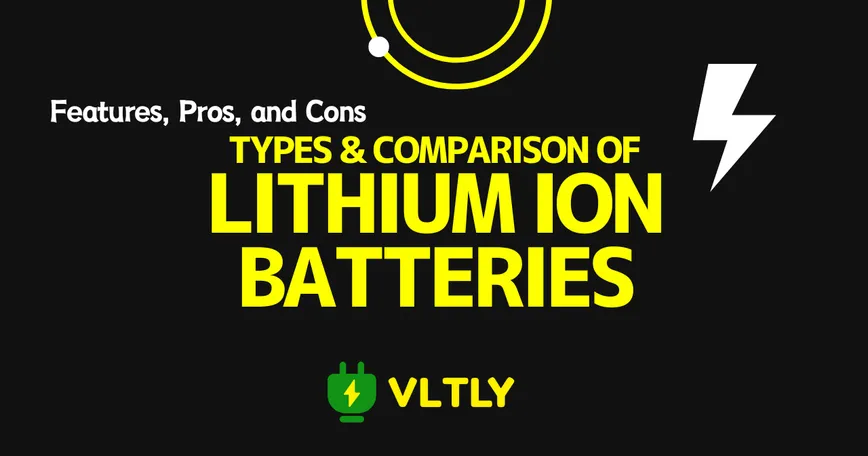
Types and Comparison of Lithium-Ion Batteries
This article explains the different types of lithium-ion batteries, comparing their stability, lifespan, and size to guide you in choosing the right one.
Posted at: 2024.7.26
Main Types of Lithium-ion Batteries
Cobalt-based (LiCoO2, LCO) Lithium-ion Battery
Commercialized in 1991 as the first generation of lithium-ion batteries, cobalt-based batteries have seen reduced use in recent years due to safety concerns such as the risk of thermal runaway and cost issues.
NCM Lithium-ion Battery
The next generation after cobalt-based lithium-ion batteries, NCM batteries use a mixed compound of nickel, manganese, and cobalt (NMC) as the cathode material.
NCM batteries reduce costs and the risk of thermal runaway, making them widely used batteries.
Lithium Iron Phosphate (LiFePO4, LFP) Battery
In recent years, lithium iron phosphate (LiFePO4, LFP) batteries have gained rapid popularity. Characterized by their use of lithium iron phosphate as the cathode material, LFP batteries significantly improve on the weaknesses of cobalt-based and NCM batteries, including thermal runaway, stability, and battery cycle life.
Due to their high performance, stability, and safety, LFP batteries are used not only in portable power supplies but also in electric vehicles.
Comparison of Characteristics
Let's compare the different types of lithium-ion batteries by their characteristics.
| Type | Stability | Cycle Life | Size | Cost per Wh |
|---|---|---|---|---|
| Cobalt-based | Low | Approx. 300-500 cycles | Small | High |
| NCM | Higher than cobalt-based | Approx. 500-1000 cycles | Small | Medium |
| Lithium Iron Phosphate | Very High | Approx. 2000-3000 cycles | Large | Low |
It's easy to understand why "if you are going to buy a portable power supply now, lithium iron phosphate is the only choice." The advantages of lithium iron phosphate batteries are overwhelming.
Some slightly older portable power supplies might still use NCM batteries (even if not explicitly disclosed), but if there's only about a 20% price difference, it's definitely worth buying a portable power supply with lithium iron phosphate batteries.